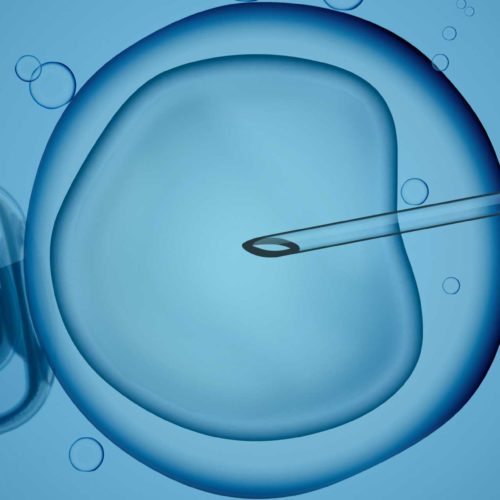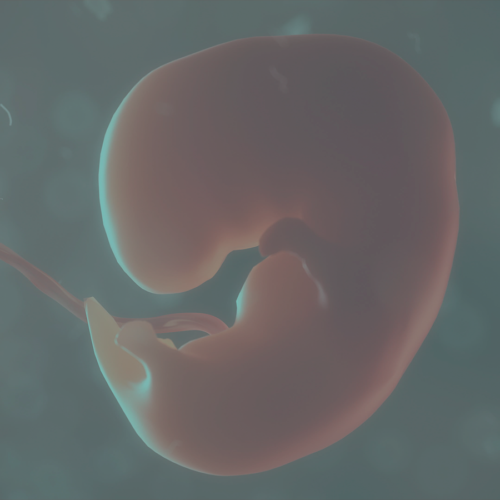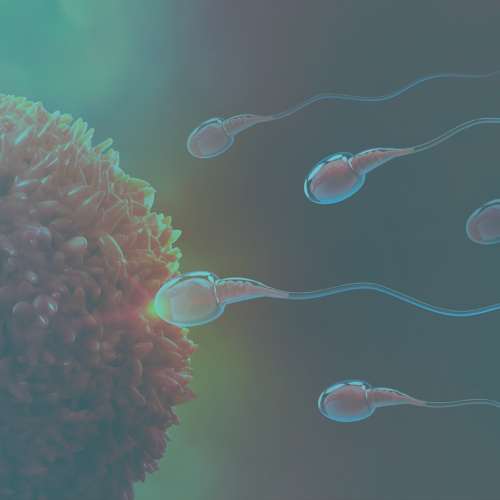IMPLANTATION FAILURE
The implementation process is a very complex process. At Fertty we take care of explaining it.
The implementation process is a very complex process. At Fertty we take care of explaining it.
The implementation process is a very complex process that requires a good embryo (at the blastocyst stage) and a receptive endometrium. The endometrium is only receptive during the short period called the ”window of implantation”. This period is usually between the 5th and 7th day following ovulation. It is estimated that in 20-30% of infertile patients, this window is displaced and therefore they will have a decrease in their implantation capacity.
Endometrial receptivity tests, developed within the field of molecular genetics, make it possible to determine the time of maximum possibility of implantation (window of implantation). They allow us to identify when the endometrium is more receptive, enabling determination of the best moment to perform the transfer and to personalise the transfer in those patients with failures in previous cycles.
These tests are based on the analysis of the expression of different genes in the endometrium, which allows us to know whether or not receptivity is possible at the time of embryo transfer. The reproductive prognosis of many patients with a displaced window of implantation has improved in recent years.
Implantation failure is defined as the absence of gestation after the transfer of three good quality embryos in the blastocyst stage without obtaining gestation.



Genetic alterations in apparently normal embryos are often the main cause of implantation failure. At Fertty we have the preimplantation genetic test to rule out genetic alterations in embryos. When the embryo reaches the blastocyst stage (in which it has about 1,000 cells), we perform a biopsy of 3-4 cells that we analyse genetically to know that the embryo is healthy before transferring it.

Non-receptive endometrium: This happens in very few patients, in whom the endometrium is not receptive in the usual days of the transfer. For this we can perform an endometrial biopsy and look for which days the endometrium is more receptive to transfer the embryos. Endometrial biopsy allows us to genetically study the endometrium of our patients.
Thrombophilias: Thrombophilias, in general, are conditions that interfere with the blood clotting process and increase the risk of thrombosis. These can be congenital or acquired. The association between congenital thrombophilias and implantation failure is weak. However, they should be investigated especially if there is a family or personal history of thrombotic events. Among the acquired thrombophilias, the most important for pregnancy is Antiphospholipid Syndrome, because in addition to increasing the risk of thrombosis, it increases the risk of suffering complications such as pre-eclampsia-eclampsia and miscarriage. It has also been shown that antiphospholipid antibodies can directly interfere with the implantation process and embryo development. Early diagnosis and treatment can improve outcomes and reduce complications.
Immunological alterations: The immune system is essential for human reproduction. In the endometrium, natural killer (NK) lymphocytes are specialised cells that, far from attacking the embryo as their name suggests, under normal conditions favour implantation and the early development of the placenta. These cells are endowed with immunoglobulin-like receptors (KIR) that allow them to interact with molecules expressed by the embryo (HLA-C). A certain combination of KIR receptors known as the AA genotype has been shown to increase the risk of implantation failure, repeat miscarriages, pre-eclampsia and intrauterine growth restriction (IUGR).
On the other hand, in certain circumstances, the mechanisms that prevent the immune system from attacking our own body fail, and antibodies are produced against our own cells or tissues (autoantibodies) giving rise to what we know as autoimmune diseases. The presence of anti-thyroid antibodies, for example, has been associated with a lower probability of having a live birth, a higher probability of miscarriage and in some cases a lower implantation rate in the context of assisted reproduction.
Additionally, systemic autoimmune diseases such as Lupus are frequently associated with anti-phospholipid antibodies that can have a negative effect on the outcome of assisted reproductive techniques and the evolution of pregnancy.
Finally, another autoimmune disease, celiac disease, has been linked to implantation failure. In patients with positive antibodies for celiac disease, a gluten-free diet may improve the outcome of assisted fertilisation techniques.
Although immunological alterations are not the most frequent cause of reproductive failure, their relevance increases in cases of reproductive failure of unexplained cause or when genetically healthy embryos have been transferred without achieving pregnancy. That is why we offer our patients, when required, the most advanced immunological diagnostic techniques and the possibility of receiving specific treatment if any alteration is identified.
Anatomical alterations: The presence of fibroids or malformations in the uterus could make implantation difficult. Hysteroscopy can solve most problems.

Sometimes, even if the semen analysis is normal, we can find genetic alterations in the spermatozoa that could alter the reproductive results. The two ways we have to analyse these alterations are studying the sperm with genetic studies, for this we value the FISH in sperm or meiosis alterations.

Habíamos estado muchos años buscando ser padres, necesitábamos poder confiar en todas las personas involucradas en nuestro tratamiento y en FERTTY lo vivimos así, nos acompañaron y ayudaron durante todo el proceso.
Anna y Juan - Tratamiento: Fecundación In Vitro

Con 31 años tenía muchos proyectos en la cabeza pero no quería renunciar a ser madre. En FERTTY me asesoraron muy bien y decidí congelar mis óvulos para no tener que renunciar ni a mis proyectos ni a mi maternidad.
Mónica - Tratamiento: Vitrificación de óvulos

El Dr. Espinós siempre aclaró todas nuestras dudas con profesionalidad y a la vez con un trato muy humano. Su sentido de humor también ayudó a que toda la trayectoria fuera mas ligera! Estoy embarazada de 24 semanas y segura de que todo saldrá bien en el parto que también vamos a confiar a él. Estamos eternamente agradecidos tanto al Dr. Espinós como a todo su equipo que siempre nos trató con mucho cariño.
Adriana - Tratamiento: Donación de óvulos

Poder hacer juntas a nuestro bebé y participar las dos del embarazo es lo más bonito que hemos hecho nunca. Estamos felices esperando a nuestro pequeño y viviendo nuestra maternidad compartida.
Amaya y Ana - Tratamiento: Fecundación In Vitro con método ROPA
This website uses cookies to improve your experience while you navigate through the website. Out of these cookies, the cookies that are categorized as necessary are stored on your browser as they are essential for the working of basic functionalities of the website. We also use third-party cookies that help us analyze and understand how you use this website. These cookies will be stored in your browser only with your consent. You also have the option to opt-out of these cookies. But opting out of some of these cookies may have an effect on your browsing experience.
Necessary cookies are absolutely essential for the website to function properly. This category only includes cookies that ensures basic functionalities and security features of the website. These cookies do not store any personal information.
Any cookies that may not be particularly necessary for the website to function and is used specifically to collect user personal data via analytics, ads, other embedded contents are termed as non-necessary cookies. It is mandatory to procure user consent prior to running these cookies on your website.